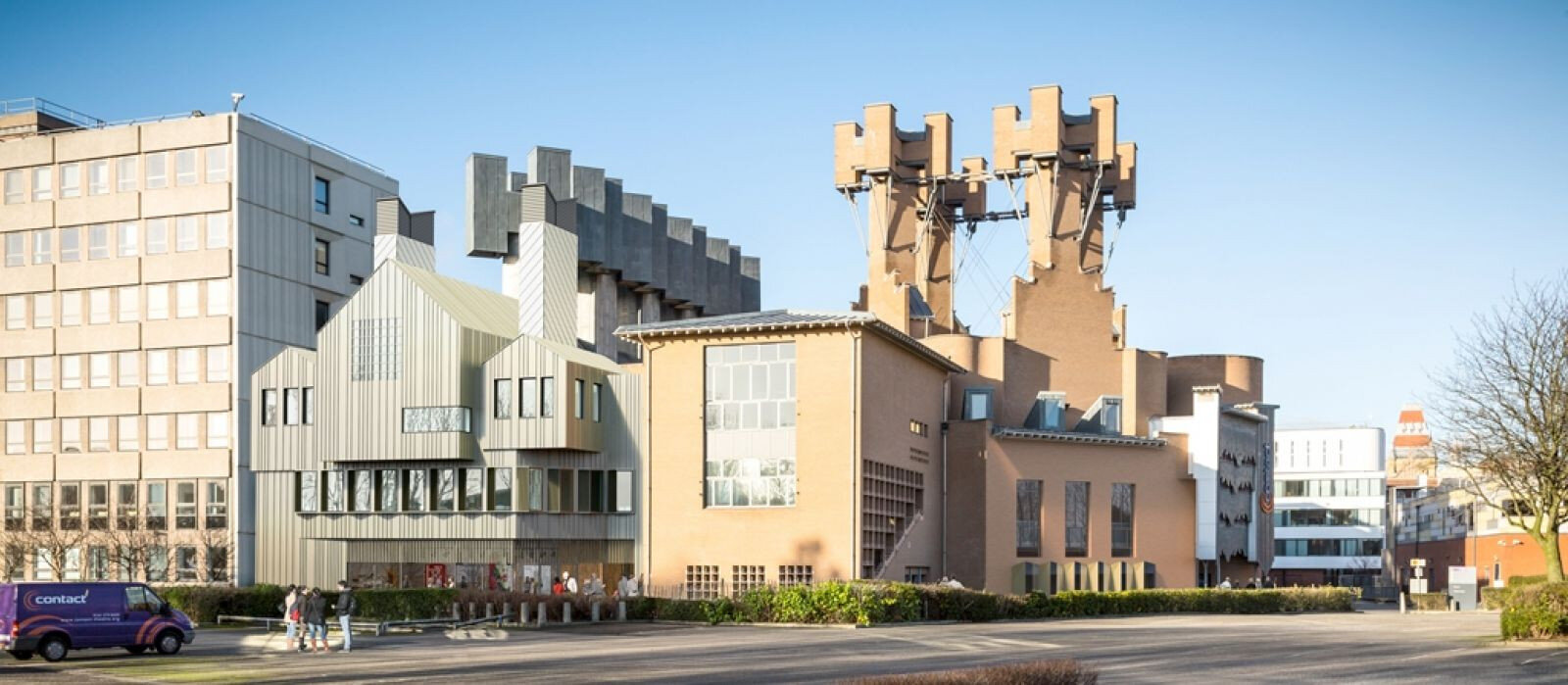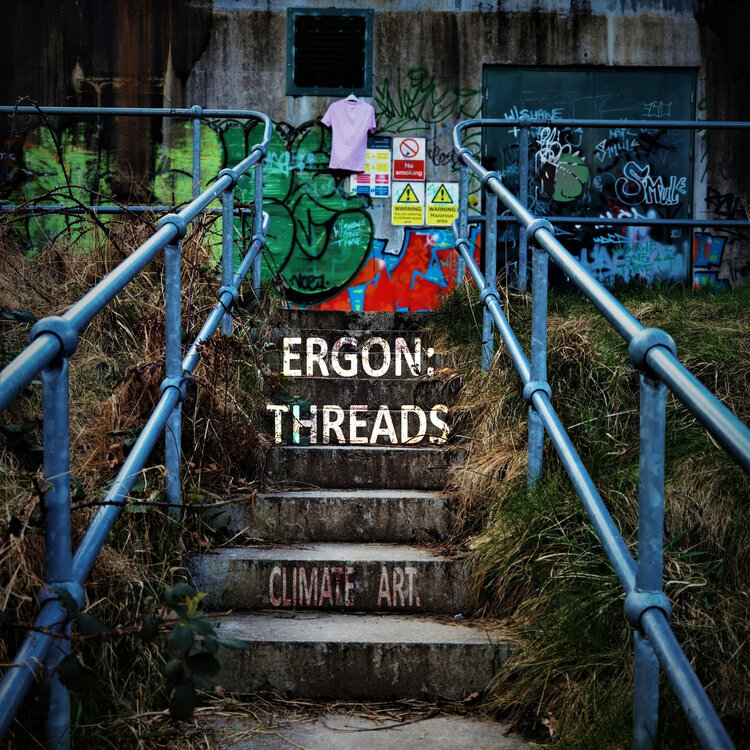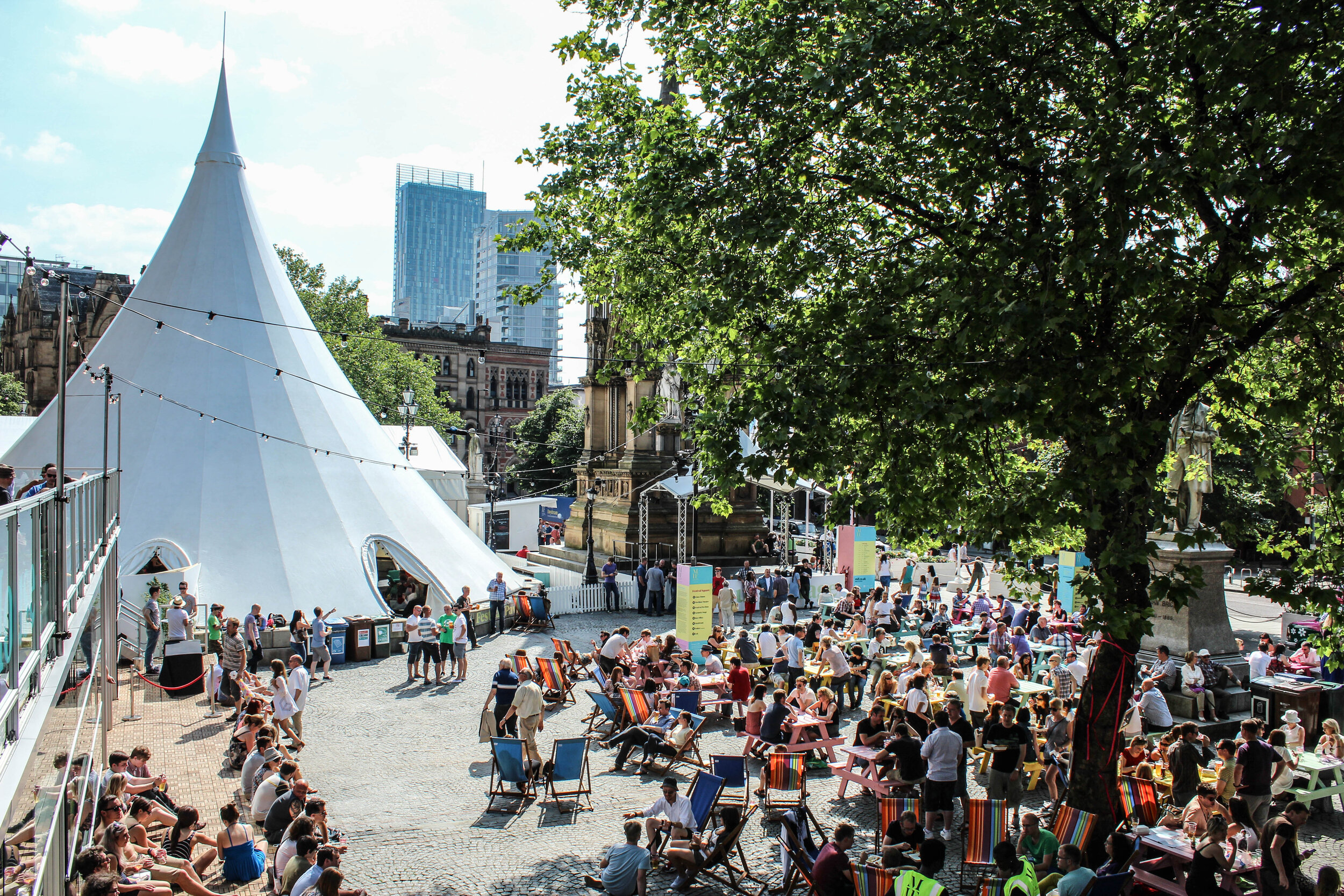
Organisational Initiatives
The organisations which make up the MAST network are at different stages in their environmental journey.
A few are at the beginning, the majority making good progress and a few charging ahead. Wherever they are, they are all taking action in many different ways. And whatever it is - from bins and lightbulbs to sustainable materials and environmental programming - resourcefulness, creativity and collaboration are evident.
Here are a few examples
Abandon Normal Devices:
The Networked Condition a research-led project in collaboration with Fast Familiar and Arts Catalyst exploring the environmental impact of the creation and delivery of artworks using digital technology, part of Julie’s Bicycle’s Accelerator Programme
Band on the Wall:
Eliminating single use plastics in the bar; switching to renewable energy
Contact:
Investing in an all-electric van and charging station; a new natural ventilation system to eliminate the need for air-conditioning and reduce electricity use via; Contact Young Company’s Climate of Fear exploring climate justice; Re:Con Bee the Change commissions of visual, performative and digital work exploring climate change themes
Ergon Theatre:
Cooking seasonal, locally sourced and vegan food for communal meals during rehearsals; The Wicked Problem, an interactive performance on climate justice and equity, a Re:Con ‘Bee The Change’ commission; Threads - Climate Art for Radio about fast fashion, commissioned by The Lowry
Global Grooves:
Environmentally themed Junk Jam drumming and dancing spectaculars using remade and upcycled materials
Leigh Film Society:
Salvaging and refurbishing 140 IMax cinema seats from the Science Museum in London for a new community cinema at Spinners Mill in Leigh
M6 Theatre Company:
The Storm film and resources for secondary schools exploring the climate emergency
Manchester Art Gallery:
Reducing energy use by a third over four years through a combination of lighting upgrades, adapting environmental controls, using less air-conditioning and behavioural measures; encouraging biodiversity through bee-keeping and wild flower planting; supporting community activation through organisations such as Manchester Families: Rising Up! and Youth Strike
Manchester City Council events:
Manchester Day the council’s flagship sustainable event; working with event organisers, suppliers etc. to put its Sustainable Events Guides into practice; researching and developing guidance for event organisers on reusable cup options; developing the business case for power grid connections for outdoor events across the city, a lower carbon, less polluting alternative to diesel generators
Octagon Theatre Bolton:
Making a comprehensive inventory and catalogue of all costumes and props to avoid unnecessary purchases and enable hiring out to other organisations; BREEAM very good rating for its 1960’s building
Reform Radio:
Earth Day takeover - 24 hours, 24 countries raising awareness on climate action; Carbon Literacy training the whole team; working to eliminate single use plastics
Royal Exchange Theatre:
Halving electricity use largely as a result of LED lighting upgrades and voltage optimisation; the Den travelling theatre which requires no heating, uses energy efficient equipment and is made with sustainable and natural materials, including cardboard seats, and; designing and constructing sets to maximise reuse and recycling
Vectar Project:
Replacing tungsten lighting with new LED film lighting; installing solar panels which generate enough electricity to power all studio lighting; making production systems paper-free, from casting to post-production; strict recycling of sets and food waste
Without Walls:
The Without Walls sustainability programme exploring sustainable practices for outdoor arts, a three-day residential with access to facilities to actively test and develop ideas, complemented by an online symposium
Z-Arts:
Saving energy by installing LEDs and upgrading to a more efficient heating system; working to eliminate single use plastics from its café and supply-chain; sourcing local sustainable food working with the Hulme Garden Centre; engaging schoolchildren on environmental topics through visual arts projects using natural and recyclable materials

Abandon Normal Devices - Photo Lucy Barker

Contact Theatre and the chimneys which provide its natural ventilation system

Ergon Threads - Photo Sam Black

Z-Arts, Where’s My Igloo Gone - Photo Pamela Raith
Find out more about the kind of action some MAST organisations have been taking

“By working collectively, we have gained knowledge and a better understanding of what is happening locally and globally around the impact of climate change and how we can contribute to make change.”
Karen Shannon, CEO, Manchester Histories









